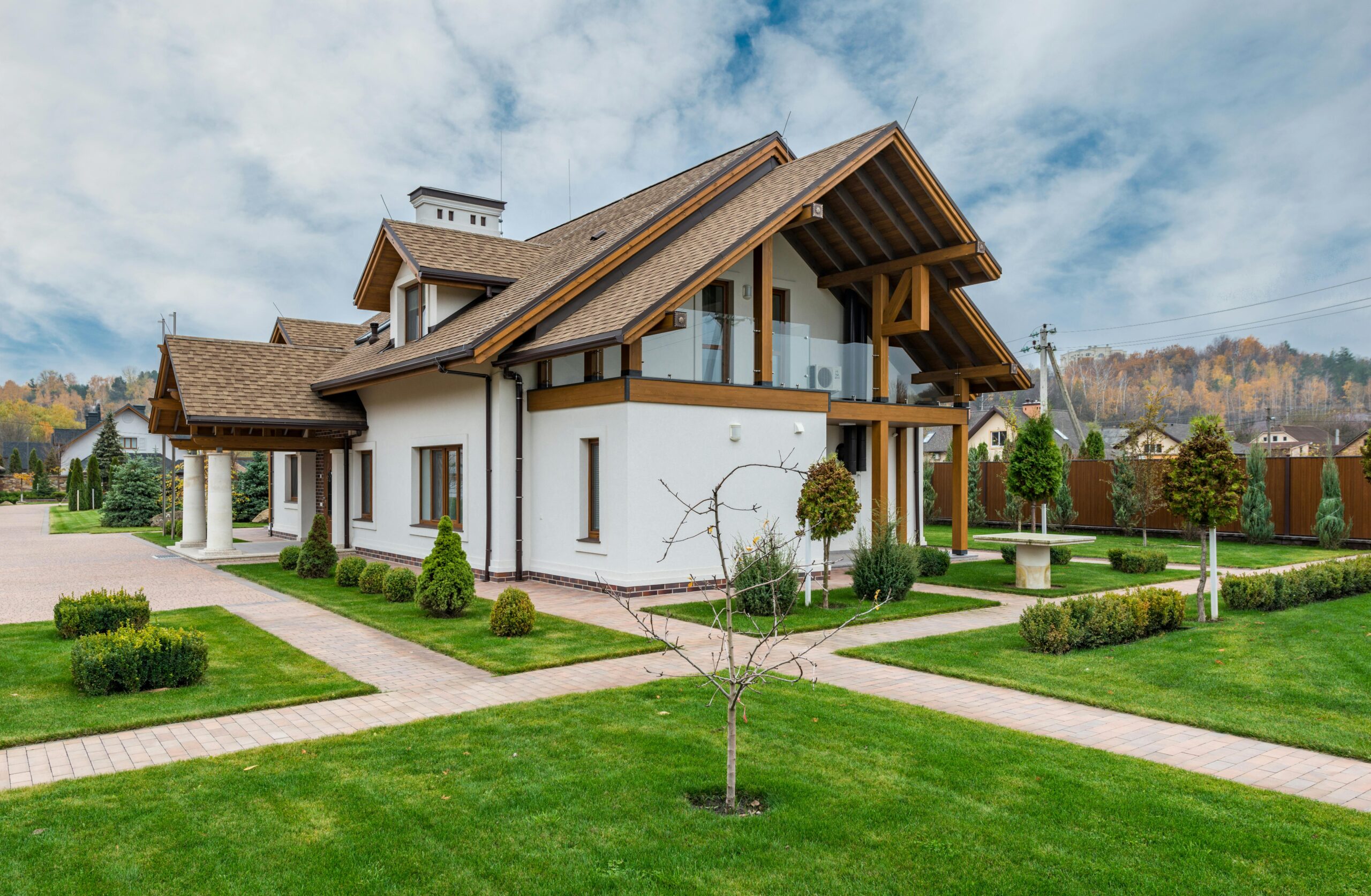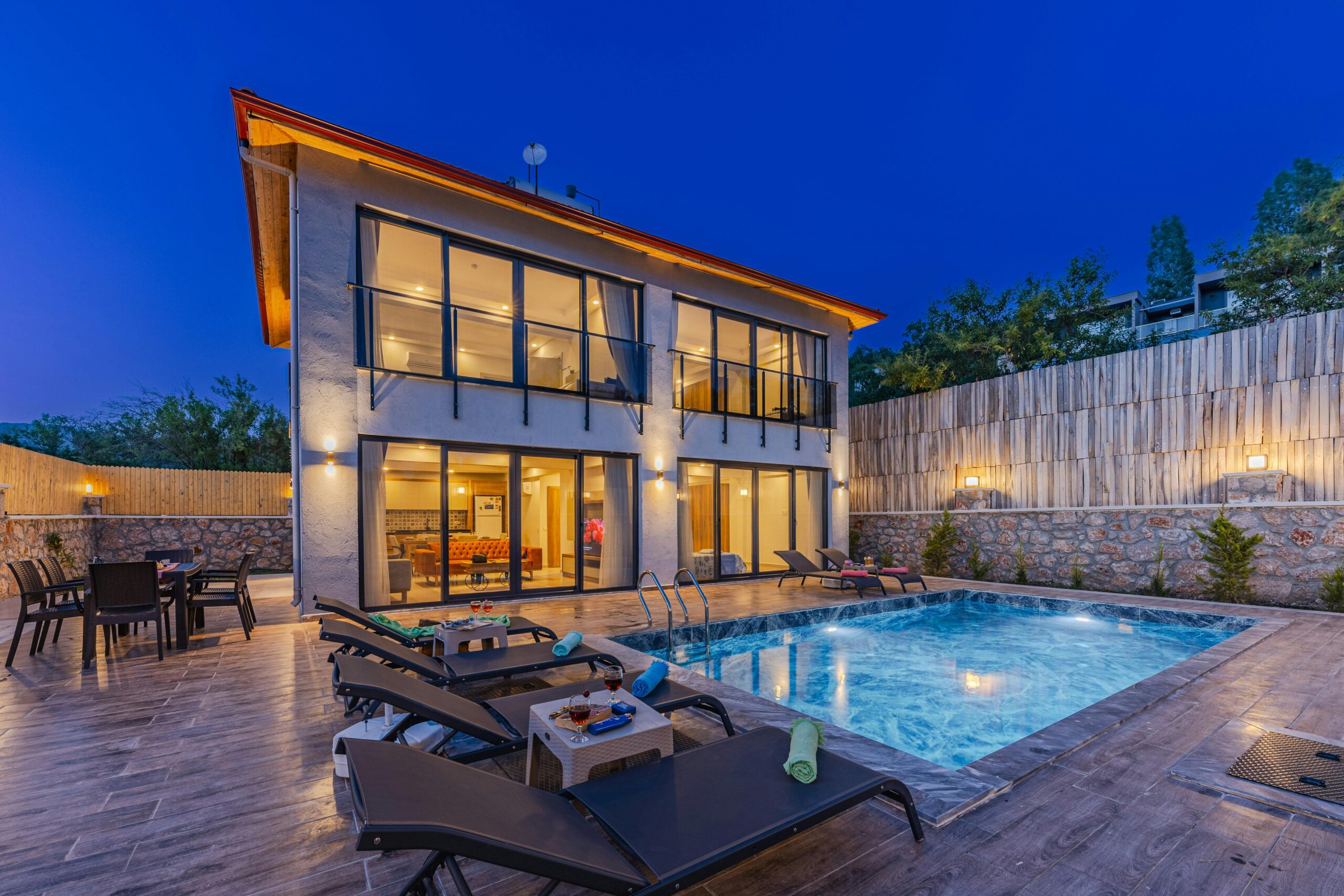When planning to transform your outdoor space, understanding the distinction between a landscape architect and a landscape designer is crucial for achieving your desired results. These two landscape professionals offer different expertise, qualifications, and approaches to outdoor design projects. This article clarifies the key differences between landscape architects and designers, examines their respective qualifications, outlines their typical project scopes, and provides guidance on choosing the right professional for your specific landscaping needs.
Understanding Landscape Architects
Landscape architects are highly trained professionals who have completed extensive formal education in landscape architecture, typically earning a bachelor’s or master’s degree from an accredited program. Most states require landscape architects to be licensed, which involves passing the Landscape Architect Registration Examination (LARE) and fulfilling continuing education requirements. This rigorous credentialing process ensures landscape architects possess comprehensive knowledge of not only aesthetic design principles but also technical aspects like grading, drainage systems, structural considerations, and environmental regulations.
Landscape architects excel at large-scale, complex projects that require technical expertise and extensive planning. They can manage comprehensive outdoor transformations that involve significant site modifications, such as changing topography, designing water management systems, or coordinating with civil engineers on structural elements. Their training enables them to create detailed construction documentation, including precise specifications and technical drawings necessary for contractors to execute the vision accurately.
The approach of landscape architects typically encompasses the entire site as an integrated ecosystem. They consider environmental factors, sustainability principles, and the long-term evolution of the landscape. This holistic perspective makes them particularly valuable for projects with challenging site conditions, complex regulatory requirements, or those requiring extensive coordination with other professionals like architects and engineers.
Understanding Landscape Designers
Landscape designers generally have more varied educational backgrounds than landscape architects. While some hold degrees in horticulture, garden design, or related fields, others may have developed their expertise through practical experience, specialized courses, or professional certifications. Organizations like the Association of Professional Landscape Designers offer certification programs that many designers pursue to validate their skills, though formal licensing is typically not required for landscape designers in most regions.
When you hire landscape professional with a design background, you’re typically engaging someone who specializes in the aesthetic and horticultural aspects of outdoor spaces. Landscape designers excel at plant selection, garden composition, and creating visually appealing outdoor environments. They often have extensive knowledge of local plant species, growing conditions, and maintenance requirements, making them excellent resources for creating sustainable, beautiful gardens suited to your specific climate and soil conditions.
Landscape designers frequently focus on residential projects and smaller-scale commercial properties. Their services might include creating planting plans, designing decorative elements like patios and garden beds, and developing outdoor living spaces that enhance a property’s functionality and beauty. Many landscape designers work directly with homeowners to create personalized outdoor spaces that reflect the client’s lifestyle and preferences.
Comparing Scope of Work
The typical scope of work differs substantially between these two landscape design services. Landscape architects often handle comprehensive projects from concept through implementation, including technical documentation, permitting, contractor coordination, and construction oversight. Their projects may involve significant hardscaping, managing water runoff, designing retaining walls, or creating outdoor structures that require engineering knowledge.
Landscape designers typically focus more on the visual and horticultural elements of a space. Their services might include creating detailed planting plans, selecting appropriate plants for specific conditions, designing decorative elements, and developing color schemes for gardens. While some landscape designers offer installation services or contractor referrals, others focus exclusively on the design phase, providing plans for homeowners or landscape contractors to implement.
As noted by experts at AskHomey, the cost difference between these professionals often reflects their different qualifications and project scopes. Landscape architects generally command higher fees due to their extensive education, licensing requirements, and technical expertise, while landscape designers may offer more affordable options for projects that don’t require complex engineering or extensive site modifications.
Choosing the Right Professional for Your Project
When deciding between a landscape architect vs designer, consider your project’s complexity, scope, and budget. For major property transformations, new construction landscapes, projects with significant grading or drainage issues, or those requiring permits and regulatory compliance, a landscape architect may be your best choice. Their technical expertise and comprehensive approach ensure all aspects of complex projects are properly addressed.
For projects focused primarily on garden aesthetics, plant selection, or enhancing existing outdoor spaces without major structural changes, a landscape designer might be the more appropriate and cost-effective option. Many homeowners find that landscape designers offer the perfect balance of horticultural knowledge and design capability for typical residential projects.
Some homeowners benefit from a collaborative approach, hiring both professionals for different aspects of their project. A landscape architect might develop the overall site plan, addressing technical issues and hardscaping elements, while a landscape designer contributes expertise on planting schemes and garden aesthetics. This combination leverages the strengths of both professionals for optimal results.
For more tips and to connect with reliable home service professionals, follow AskHomey on Facebook and Instagram.



